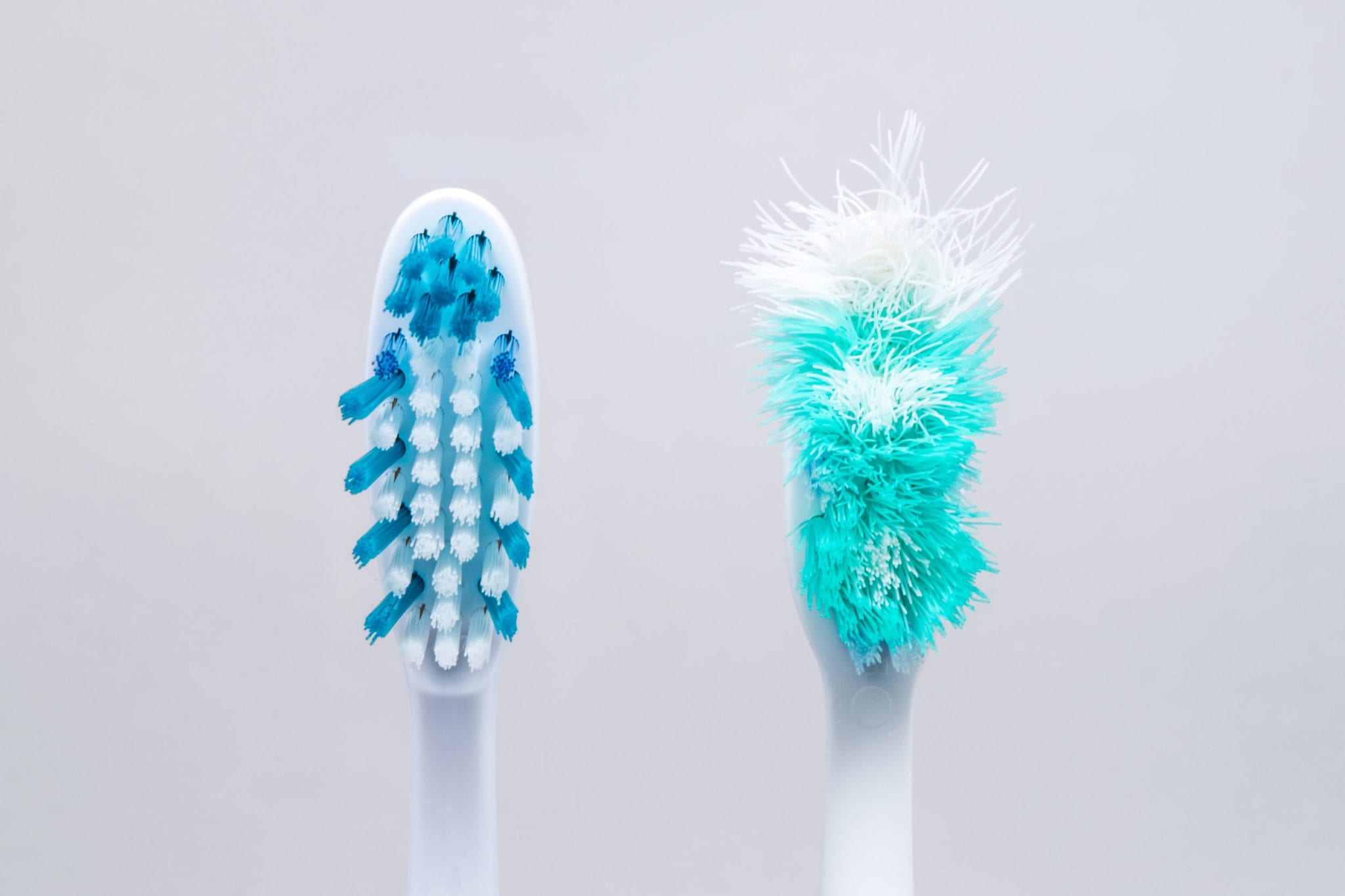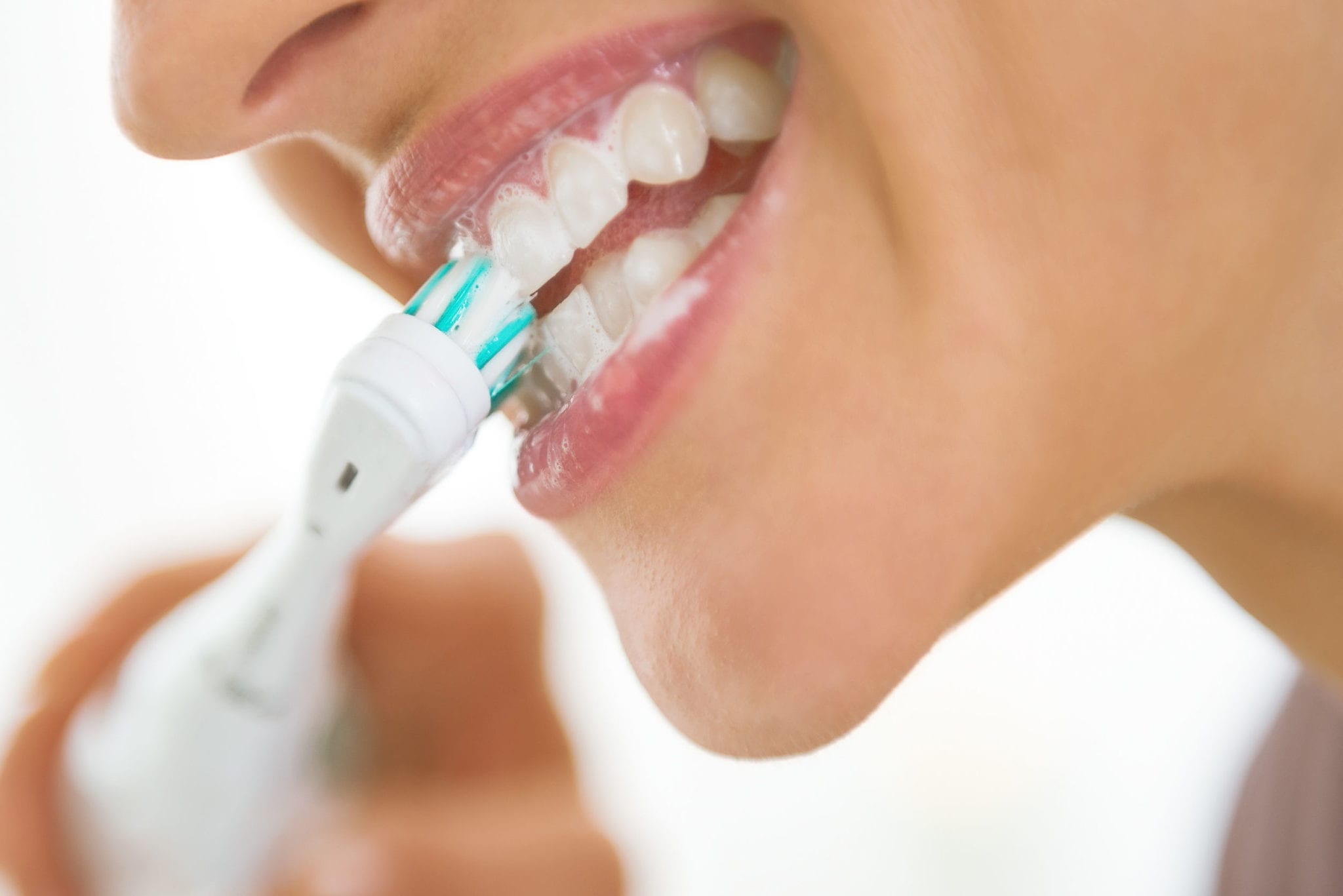
The title sums it up: you really, really, really do need to replace your brush (or the brush head of your electric toothbrush) every three months at least.
When it comes to oral hygiene, your toothbrush is one of the only things standing between you and plaque, and according to a longtime New York dentist, Keith Arbeitman, you may need to change your brush even more frequently than that.
“It really depends how often you use your toothbrush,” Arbeitman said in an interview with Business Insider, “Once the bristles start to bend, you’re not really cleaning as effectively.”
The American Dental Association (ADA) agrees. Below, we explore some of the most compelling and expert-backed reasons you should replace your toothbrush frequently.
The Average Toothbrush May Carry 10 Million Bacteria
A study from the University of Manchester of England found that the average toothbrush may contain more than 10 million bacteria as well as fungus. While the vast majority may not be harmful, some are.
E.coli, the bacteria known to cause intestinal problems like abdominal cramps, diarrhea, and vomiting, for instance, isn’t uncommonly found on the average toothbrush.
Think you’re doing yourself a favor by protecting your bristles with a plastic brush cap?
Think again. Research also shows covering your bristles with a cap can actually encourage the growth of bacteria.
Use a plastic toothbrush cap to keep your bristles from getting squashed if you are traveling, but definitely allow your brush to dry in open air immediately after brushing.
Sickness Hides in Your Brush…And Spreads
In addition to the bacteria and fungus that can breed on a brush over time, there’s also the germs you yourself leave behind.
Brushing your teeth while you have a cold, flu, or mouth infection can inadvertently allow associated germs to be deposited on your toothbrush. These germs hide between bristles and can cause future reinfection.
Even storing your infected toothbrush near the toothbrushes of your partner or family members, can lead to cold and flu viruses transferring to them.
Tiny Droplets of Toilet Water Reach a Six-Foot Radius
It may not be something you want to think about, but consider where you store your toothbrush. If you’re like most of us, it’s probably in your bathroom – pretty close to where your toilet is.
Did you know that every time you flush, a fine mist of tiny toilet water droplets spray across the room? The general consensus is these droplets reach a height of nearly three feet above the seat and within about a six-foot radius.
Besides replacing your toothbrush, you might also want to rethink its permanent placement.
Worn-out Bristles Make Your Gums Bleed
If you brush your teeth regularly (as you should) it’s natural that your trusty brush’s bristles will wear out. The more you use your brush, the less effective it becomes at removing plaque.
What’s worse, worn-out bristles can harm your gums and cause them to bleed. Once you have noticed that some of the bristles have become flat or squashed, it’s time to replace it.
In fact, this is a sign you’ve already waited way too long. Go ahead and replace your brush!
Other Ways to Care for Your Toothbrush
While three months may be the maximum amount of time you should wait to replace your toothbrush, improper care can cut your toothbrush’s lifespan even shorter.
Keeping your brush clean and effective for as long as possible can be done by following these basic recommendations:
- Rinse the brush thoroughly after brushing
- Store your toothbrush upright
- Allow it to air dry
- Before packing for travel, allow it to air dry completely
- Store your toothbrush as far from your toilet as possible
- Avoid sharing

With regular replacement and proper care, your toothbrush can help keep your teeth clean and healthy for years to come.






